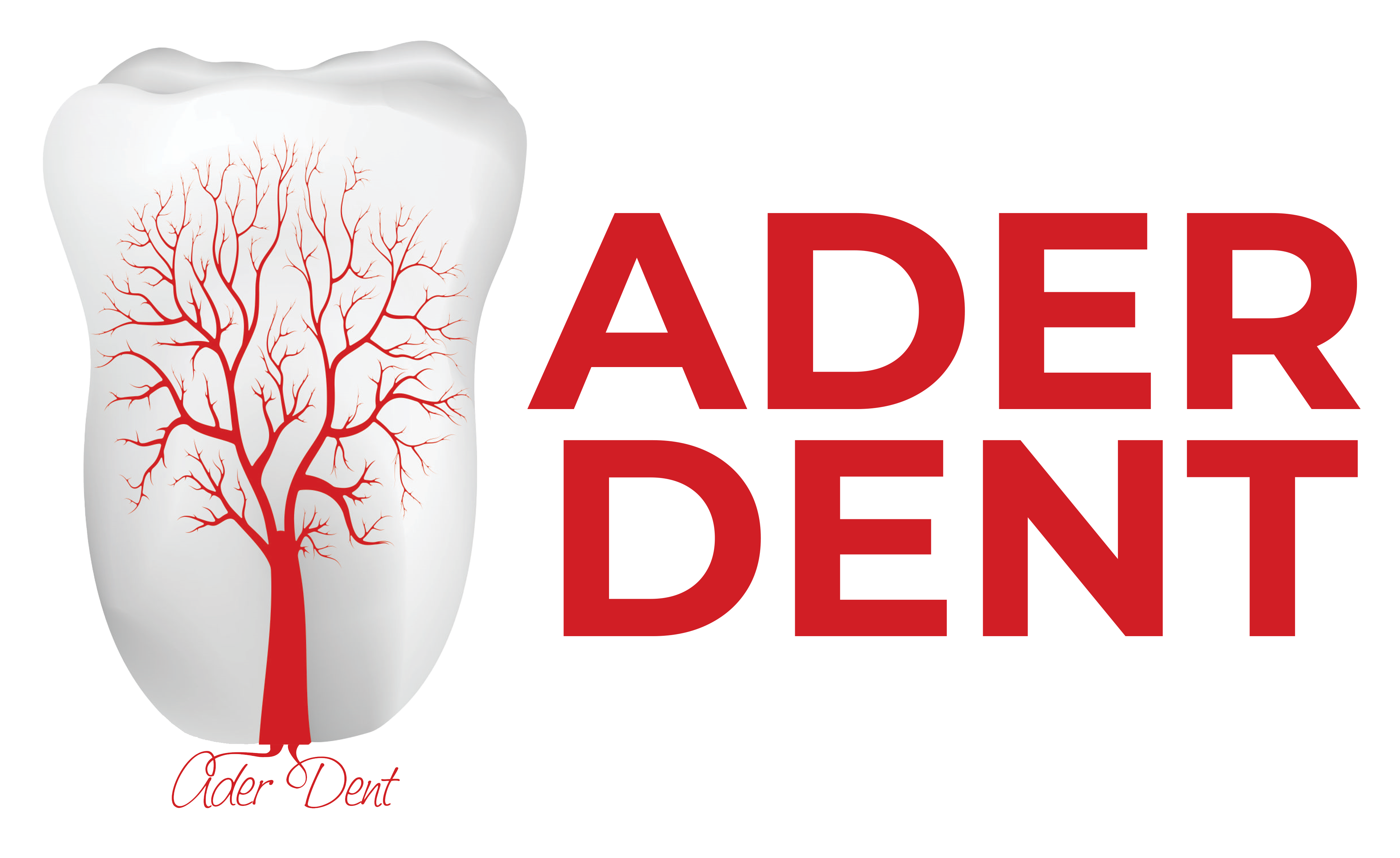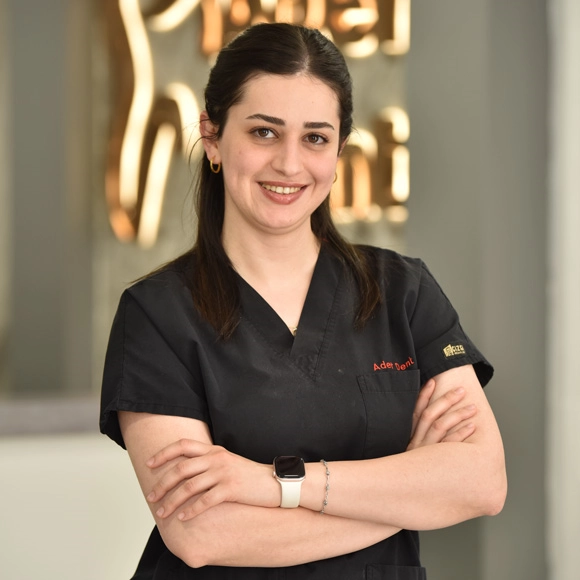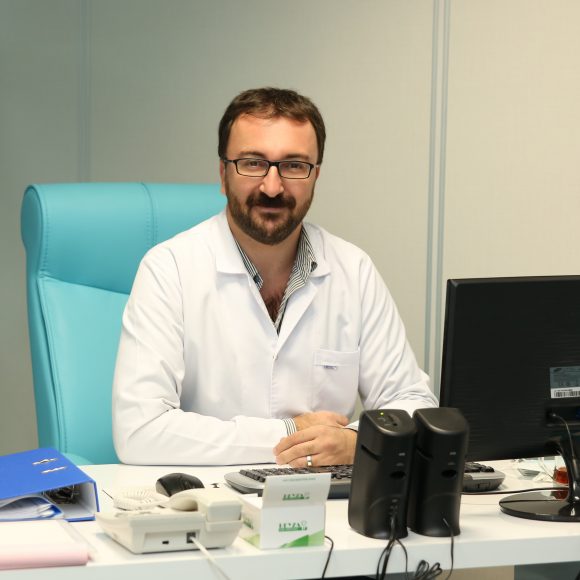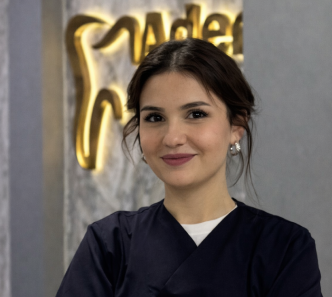Fixed prostheses are artificial dental structures used to replace missing or damaged teeth and are not removable by the patient. Commonly known as “crowns,” “bridges,” or “caps,” fixed prostheses provide highly satisfying results both aesthetically and functionally. They are especially preferred in cases of partial tooth loss and require the reshaping of the supporting teeth before application.
Since fixed prostheses are permanently bonded inside the mouth, they eliminate issues such as loosening, falling out, or movement, which are often seen with removable dentures. The treatment process typically takes 3 to 4 sessions and can usually be completed within one week.
What Are the Types of Fixed Prostheses?
Fixed prostheses are categorized based on the materials used and the patient's needs:
- Metal-supported porcelain crowns: These use a durable metal substructure with a porcelain overlay for aesthetics. They are commonly used for posterior teeth.
- Zirconium-supported crowns: Known for their durability and natural tooth-like appearance. Ideal for patients with metal allergies.
- Full ceramic (metal-free) crowns: Provide the most natural appearance due to their light-transmitting properties. Especially suitable for front teeth.
- Porcelain laminate veneers: Thin porcelain shells applied only to the front surface of the teeth. Effective for correcting discoloration and minor shape anomalies.
What Is the Purpose of Crowns and Bridges?
A crown is a type of prosthesis placed over a tooth that is severely decayed, broken, or aesthetically compromised. A bridge is used when one or more teeth are missing, utilizing the neighboring healthy teeth as supports after they are reshaped.
Why Are Fixed Prostheses Preferred?
Leaving the space of missing teeth unfilled may result in neighboring teeth tilting, bite misalignment, bone loss, chewing difficulties, digestive issues, and aesthetic problems. Fixed prostheses help prevent these complications by restoring proper chewing function and improving appearance. They also aid in correcting speech problems and boosting self-confidence.
Who Is a Candidate for Fixed Prostheses?
- Teeth with excessive material loss
- Discolored or misshaped teeth
- Weakened teeth after root canal treatment
- Cases of one or more missing teeth
- When a permanent crown is needed over a dental implant
Which Is Better: Fixed or Removable Prostheses?
Fixed prostheses are generally more advantageous than removable ones in terms of comfort and aesthetics. Since they are securely bonded inside the mouth, they do not move while chewing, do not interfere with speech, and feel more like natural teeth. Removable prostheses, on the other hand, are usually used when many teeth are missing and may require a longer adjustment period. However, each patient’s condition is different, and the most suitable option should be determined by a dental professional after examination.
How Long Do Fixed Prostheses Last?
The lifespan of fixed prostheses depends on the quality of materials used, the patient's oral hygiene habits, and regular dental check-ups. Well-maintained fixed prostheses made from high-quality materials can last 10 years or longer. However, gum disease poor oral habits, and trauma may reduce their longevity.
What to Pay Attention to After Fixed Prosthesis Application?
After fixed prosthesis application, it is essential to follow certain guidelines to maintain oral health and ensure long-term success. In the first few days, avoid very hard or sticky foods, as the gum tissues around the prosthesis may be sensitive.
Temporary sensitivity to hot and cold may occur initially, which is normal. Daily brushing should not be neglected, and particular care should be given to cleaning around the prosthesis to prevent plaque buildup. The underside of bridges should be cleaned with dental floss or interdental brushes.
To ensure long-term use without issues, it is recommended to visit the dentist every six months for check-ups. This helps preserve oral health and allows early detection and treatment of potential problems.
How to Maintain Fixed Prostheses?
Caring for fixed prostheses is similar to natural teeth but requires greater attention. Teeth should be brushed at least twice a day. The toothbrush should be medium-bristled and able to effectively clean around the prosthesis. Fluoride toothpaste helps strengthen the enamel and prevent decay.
Food debris accumulating in hard-to-reach areas such as under the bridge may lead to gum disease over time. Special tools like interdental brushes, dental floss, or water flossers should be used to clean these areas. Mouthwashes provide freshness and offer protection against bacteria.


 TR
TR







